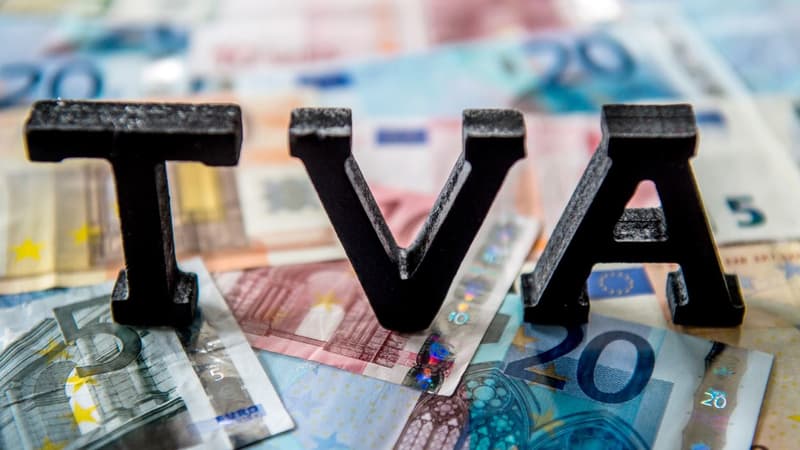The Council for Mandatory Deductions (CPO) on Thursday considered it ineffective to reduce the VAT rate to support the purchasing power of households, particularly in terms of energy, considering the effect of such a measure on prices “uncertain”. “A reduction in the VAT rate seems to be a tool that is neither effective nor equitable to support the purchasing power of households,” estimated this organization attached to the Court of Auditors.
Although the normal VAT rate is set at 20%, its reduction is demanded by some members of the opposition, such as RN MP Marine Le Pen, who sees it as the solution to the recent increase in fuel prices. A tax paid directly on the consumption of goods and services, invented by France in the post-war period and adopted almost everywhere in the world, VAT achieved a return of 184 billion euros in 2022, according to the Directorate General of Public Finances (DGFiP). ).
VAT helps finance social transfers
The CPO points out that VAT is a “regressive” tax, whose weight in the disposable income of households decreases with the increase in the standard of living, and that reduced rates “only moderate” this regressive effect at the margin. It also emphasizes that this tax allows financing social transfers that more than compensate for this regressive nature of VAT and that, therefore, it is necessary to preserve its performance to “guarantee the sustainability of our social model.”
To also mitigate energy price increases, specific measures such as energy or fuel controls are considered more effective and less costly for public finances than a reduction in the VAT rate. However, it is also necessary to provide, the CPO insists, for measures that encourage households to reduce their energy consumption and greenhouse gas emissions.
Source: BFM TV


